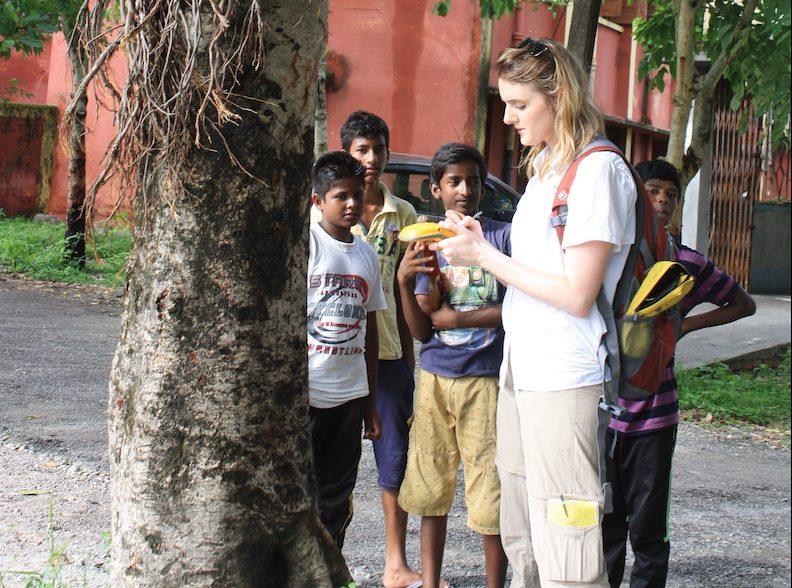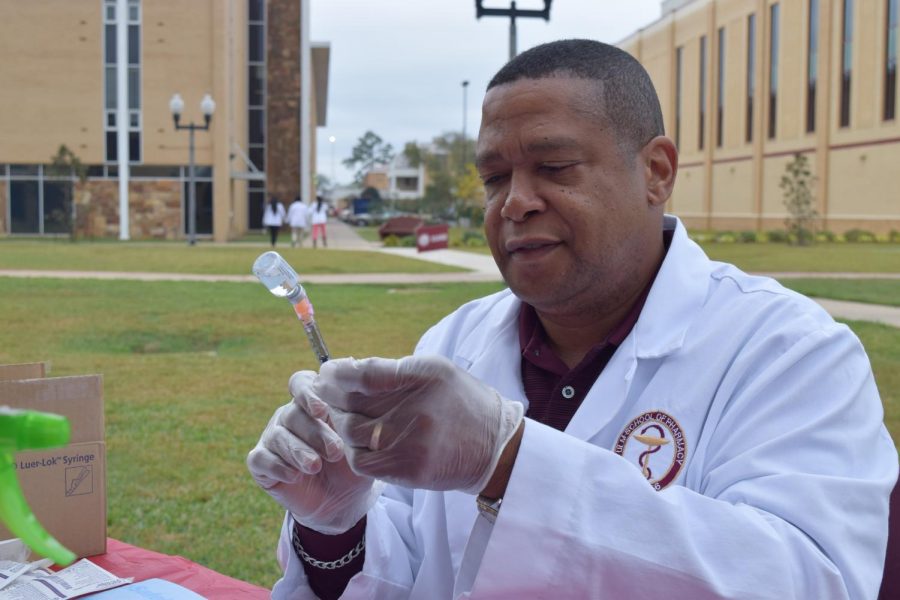For some students, finding their true calling in college never happens. Melissa Barton Bloch, however, has done just that.
Bloch, a junior biology major, travelled to India this summer for a research project.
She was selected by the Ashoka Trust for Research in Ecology and Environment (ATREE) to conduct her research in the foothills of the Himalayas.

For Bloch, her interest in Himalayan research was fostered by her childhood calling.
“When you are amongst the richness of life, you can’t help but be called to save it and protect it and speak for it because it doesn’t have a voice,” Bloch said.
Bloch spent the trip geotagging wildlife, vegetation and static structures to study land change with respect to climate change.
She tagged an estimated 100 different species of trees in a few days, which according to Bloch, is impossible to achieve in Louisiana due to the lack of native species.
Bloch guesses that plants will be moving higher up the altitudes as they seek refuge from the warming climate. Joydeep Bhattacharjee, Bloch’s advisor and mentor, accompanied Bloch for most of her trip to India and also on a few of her research expeditions.
Most of Bloch’s expenses in India were covered by ATREE, whereas the flights were covered by her mother’s company. During her research, Bloch visited places like Darjeeling and Sikkim. She interacted with a completely different culture while in a biodiversity hotspot.
“There were fruits that I’d never tasted before like lychees. I would put handfuls of lychees in the water departments of my backpack, and when I was in the field, I’d just eat them like crazy,” Bloch said.
Bloch also learned cultural norms, like that food should not touch the palm of the hand in India.
“I tried that, and I was proud that my palm was clean,” she said.
According to Bloch, now is the prime time to work towards climate protection.
Bloch said though Louisiana would not feel the direct, intense effect of climate change as felt in the Himalayas, it would surely be affected in different ways.
In India, Bloch said, people rely more heavily on nature for food than they do in the U.S.
“I think they have a great sense of respect for the forest, and I think we’re so separated here from nature that we don’t have much respect for it,” Bloch said.
Bloch knows what she wants to do with her studies and feels it gives her endless motivation.
Bloch said the trip gave her confidence to have a global perspective that is necessary in ecology.
Bloch plans to attend graduate school, specializing in ecology, and later become a professor.
She is also preparing to publish a paper as a conclusion to her research.
As far as a second trip to the Himalayas, Bloch said she was invited to go back next summer, and she’s looking forward to it.













